ARTICLE AD BOX

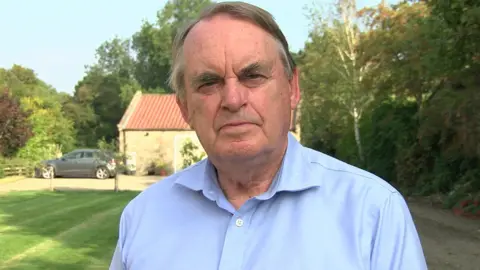 BBC
BBC
Lord Timothy Kirkhope was immigration minister for two years until 1997 before his role as an MEP representing Yorkshire and the Humber
A former immigration minister has said he "regrets" the former Conservative government's Stop The Boats rhetoric which he believes was used to inflame this summer's riots.
A banner emblazoned with the slogan, also used by the then Prime Minister Rishi Sunak during a press conference in 2023, was seen in front of a hotel housing asylum seekers during violent unrest in Hull on 3 August.
Lord Timothy Kirkhope, the Conservative Party's former immigration minister, said language used by politicians had helped to stoke negative feelings about refugees ahead of the UK riots in August.
The Conservative Party declined to comment.

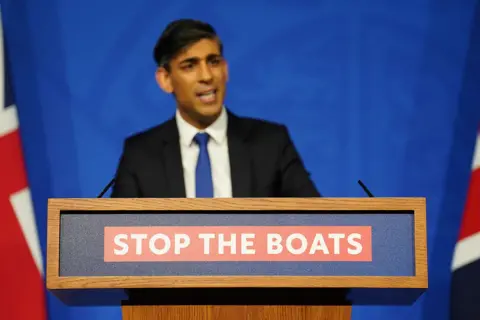 Reuters
Reuters
The former prime minister gave an update on plans to "stop the boats" and illegal migration during a press conference in Downing Street in December 2023
Lord Kirkhope of Harrogate said language used by politicians had unintentionally led to "emotionally" charged negativity and was hijacked by people "in support of more extreme views and activities".
"All of us - whatever our political complexion - Labour, Conservative or whatever - wish to see an end to those boats," he said.
"But I regret very much that sort of rhetoric which was uttered from time to time by the previous government and has been used by those who wanted to disrupt society and riot and cause all the problems that we have seen."
As the Conservative Party's leadership contest continues, Lord Kirkhope urged officials of all political stripes "to be careful and exercise self-restraint" with language.
"Think very carefully about the words you choose to use and how you deploy them," he said.
He said he "condemned" the inflammatory remarks previously made by "politicians in my own party".

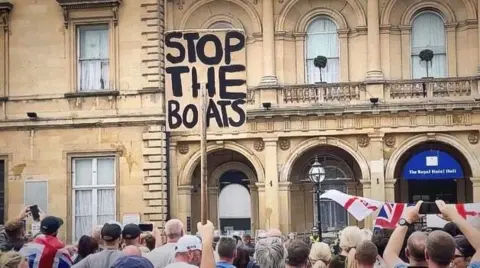
A banner marked 'Stop the boats' was waved in front of a hotel housing asylum seekers during violent unrest in Hull
Dr Mick Wilkinson, an academic in criminology and social justice at the University of Hull, went further and said action should be taken against politicians and tabloid newspapers who pushed "aggressive" anti-immigrant sentiments.
"Sentencing people to long terms in prison for tweets about the riots, when, at the same time, [former Home Secretary] Suella Braverman can make what are quite clearly hostile comments again and again about asylum seekers and migrants - whipping up race hatred, playing the race card - and face no kind of criminal action, I feel is extremely concerning and actually rather hypocritical."

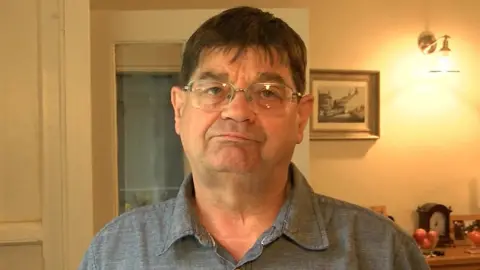
Dr Mick Wilkinson believes journalists and politicians who use inflammatory language to incite hate should also be prosecuted
Just over 97,000 people claimed asylum in the year to the end of June 2024, according to the most recent figures.
Of those, the largest cohort - 9,342 - came from Afghanistan.
Other countries with large numbers of applications were Iran, Pakistan, Vietnam, India and Bangladesh.
Overall the number of people arriving by boat per year is much lower than by air.
As of 4 September, 21,977 people had crossed the Channel in 2024, according to Home Office figures. That is more than in the same period in the previous year, but fewer than in 2022.
In 2023 as a whole, 29,437 people came to the UK in small boats.
Among those who arrived by boat was one asylum seeker from Egypt, who was inside the Royal Hotel in Hull when it was set upon by rioters.
Hasan, not his real name, said he paid hundreds of pounds risking his life to seek political asylum.
Despite witnessing "scary" violent scenes, he found the disorder had been, on the whole, "under control by police" and it was "not at all dangerous" compared to what he had experienced before arriving in the UK.
Weeks on from the unrest, Hasan's perception of the city is one of positivity and he goes as far as to say that he feels "safe" and "welcomed" by locals.

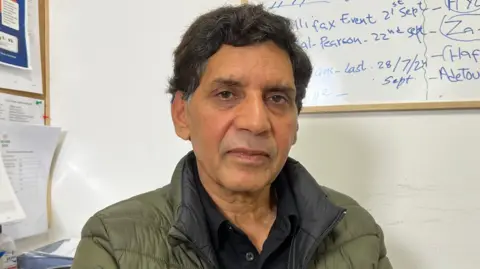
Bashir Siraj, who was once an asylum seeker, says the level of racist abuse experienced by migrants has "increased since the riots"
However, Bashir Siraj, chief officer of Welcome House, a charity that supports asylum seekers in Hull and the East Riding of Yorkshire, said the level of racist abuse experienced by migrants had "increased since the riots".
"The number of people who are coming to us and sharing their experience has gone up," he said.
"Before it was maybe only one or two a week but now we get every week three or four people coming to us. So that's how we're measuring it."

 9 months ago
34
9 months ago
34
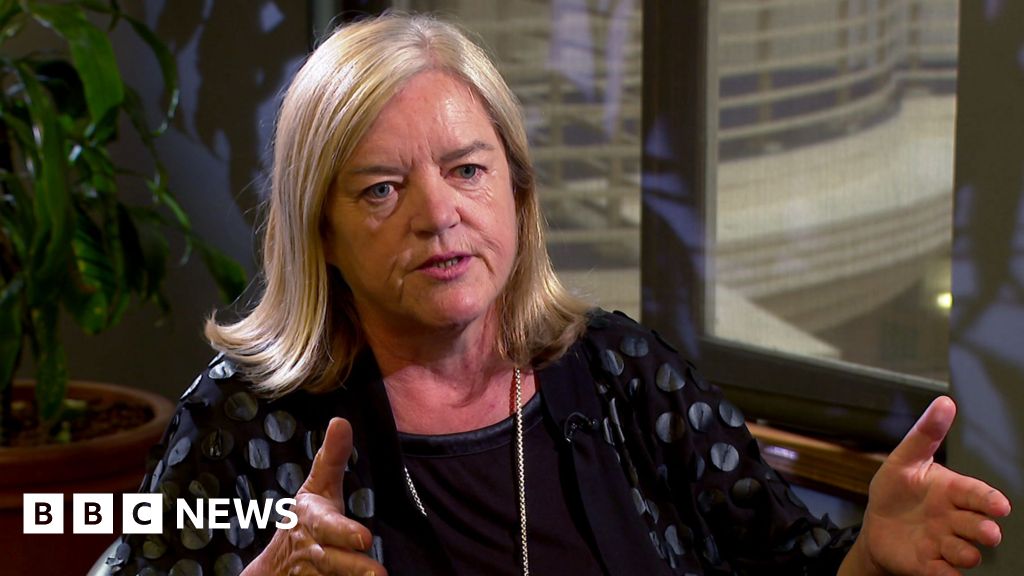
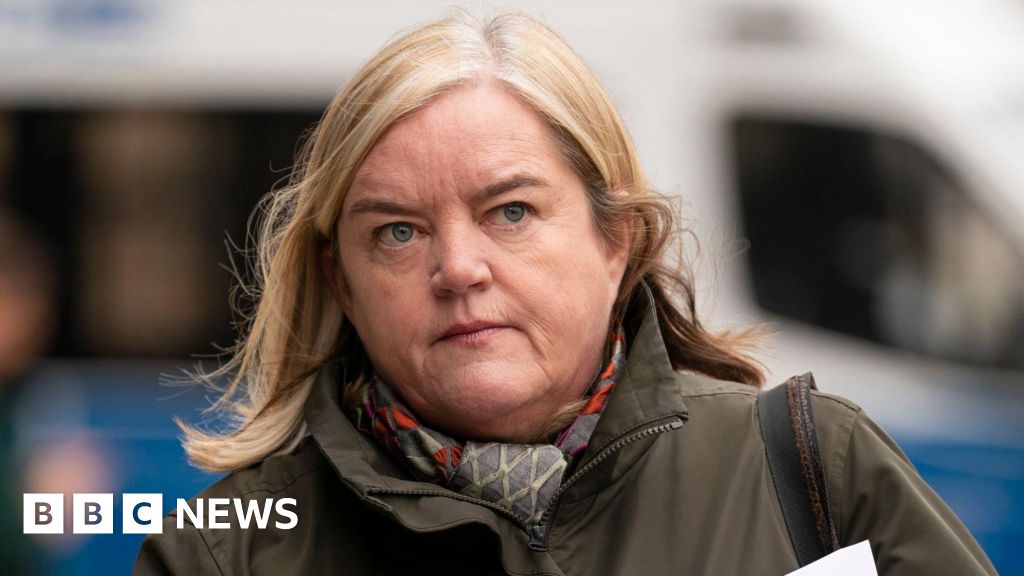
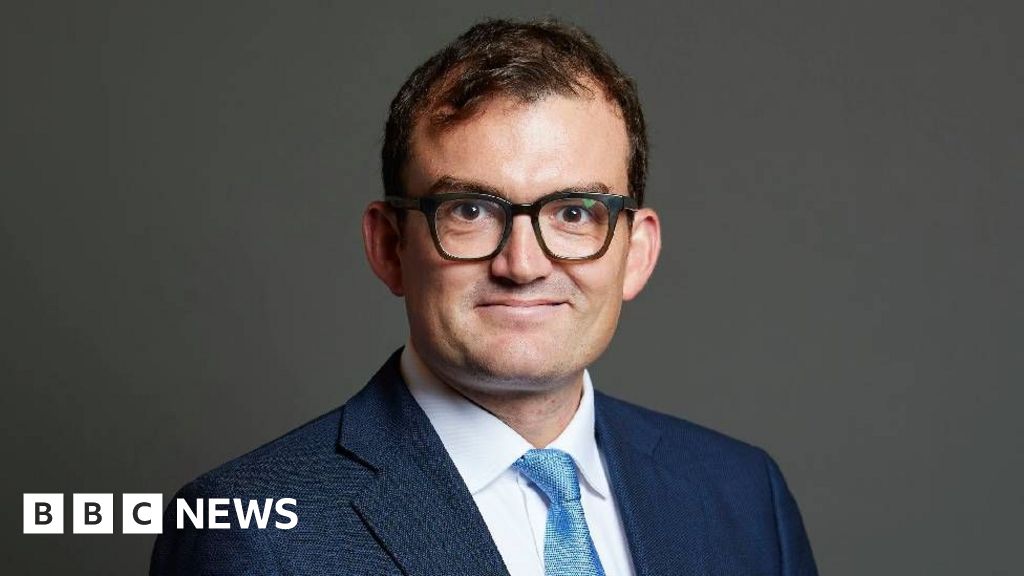





 English (US) ·
English (US) ·